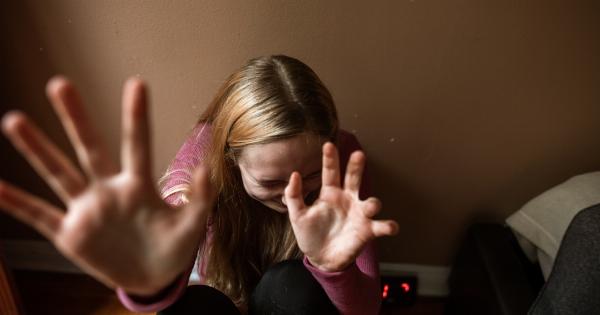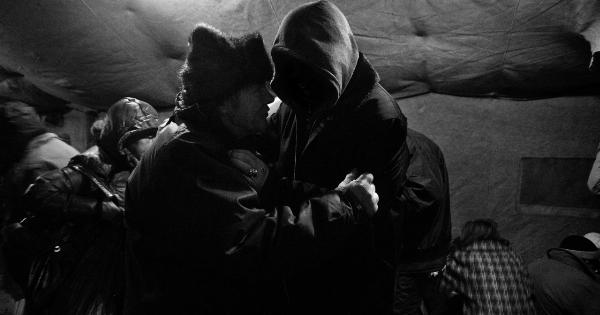Domestic violence is a serious issue that affects millions of people worldwide. Victims of domestic violence often experience physical, emotional, and psychological trauma.
The impact of domestic violence can be devastating, and it can take a significant toll on the victim’s mental and physical well-being. After a domestic violence incident, victims may exhibit certain patterns of behavior that are indicative of their experience.
In this article, we will explore some of the common patterns of behavior exhibited by domestic violence victims after an incident.
Denial and Minimization
One of the most common patterns of behavior exhibited by domestic violence victims after an incident is denial and minimization. Victims may deny that the abuse occurred or downplay the severity of the incident.
They may also make excuses for their abuser’s behavior or blame themselves for what happened.
Anxiety and Fear
Victims of domestic violence may also experience anxiety and fear after an incident. They may be afraid of the abuser or fear for their safety. They may also experience panic attacks, nightmares, and difficulty sleeping.
Isolation and Withdrawal
Domestic violence victims may also exhibit isolation and withdrawal after an incident. They may avoid social situations and withdraw from friends and family. They may also feel ashamed or embarrassed about what happened and fear judgment from others.
Depression and Hopelessness
Another common pattern of behavior exhibited by domestic violence victims after an incident is depression and hopelessness. Victims may feel sad, hopeless, and overwhelmed.
They may also lose interest in activities they once enjoyed and struggle with feelings of worthlessness.
Hyper-Vigilance
Victims of domestic violence may also experience hyper-vigilance after an incident. They may be constantly on guard and easily startled. They may also have difficulty concentrating and experience flashbacks or intrusive thoughts about the abuse.
Anger and Irritability
Some domestic violence victims may exhibit anger and irritability after an incident. They may feel angry at their abuser or angry about their situation. They may also have difficulty controlling their emotions and may lash out at others.
Substance Abuse
Substance abuse is also a common pattern of behavior exhibited by domestic violence victims after an incident. Victims may turn to drugs or alcohol as a way to cope with their trauma.
Substance abuse can also exacerbate the symptoms of anxiety, depression, and hyper-vigilance.
Self-Harm and Suicidal Thoughts
In some cases, domestic violence victims may engage in self-harm or experience suicidal thoughts after an incident. They may feel hopeless and see suicide as a way out of their situation.
It is important to take these symptoms seriously and seek help immediately if you or someone you know is experiencing them.
Seeking Help
If you or someone you know is experiencing domestic violence, it is important to seek help. There are many resources available for victims of domestic violence, including hotlines, counseling, and emergency assistance.
It is important to remember that domestic violence is never the victim’s fault and that help is available.
Conclusion
Domestic violence is a serious issue that can have long-lasting effects on victims. After an incident, victims may exhibit certain patterns of behavior that are indicative of their experience.
It is important to recognize these patterns and seek help if you or someone you know is experiencing domestic violence.





























